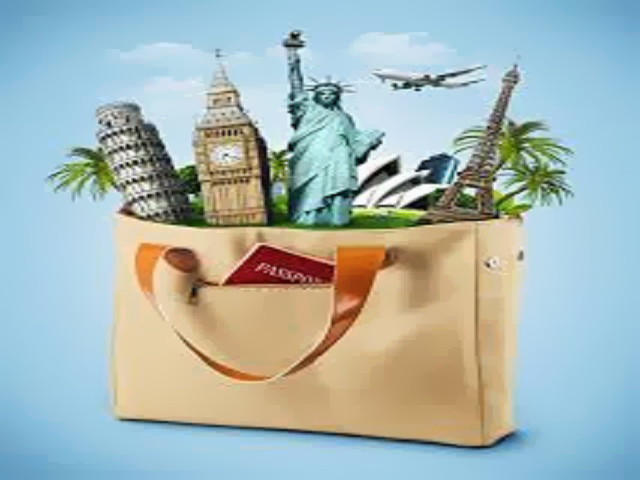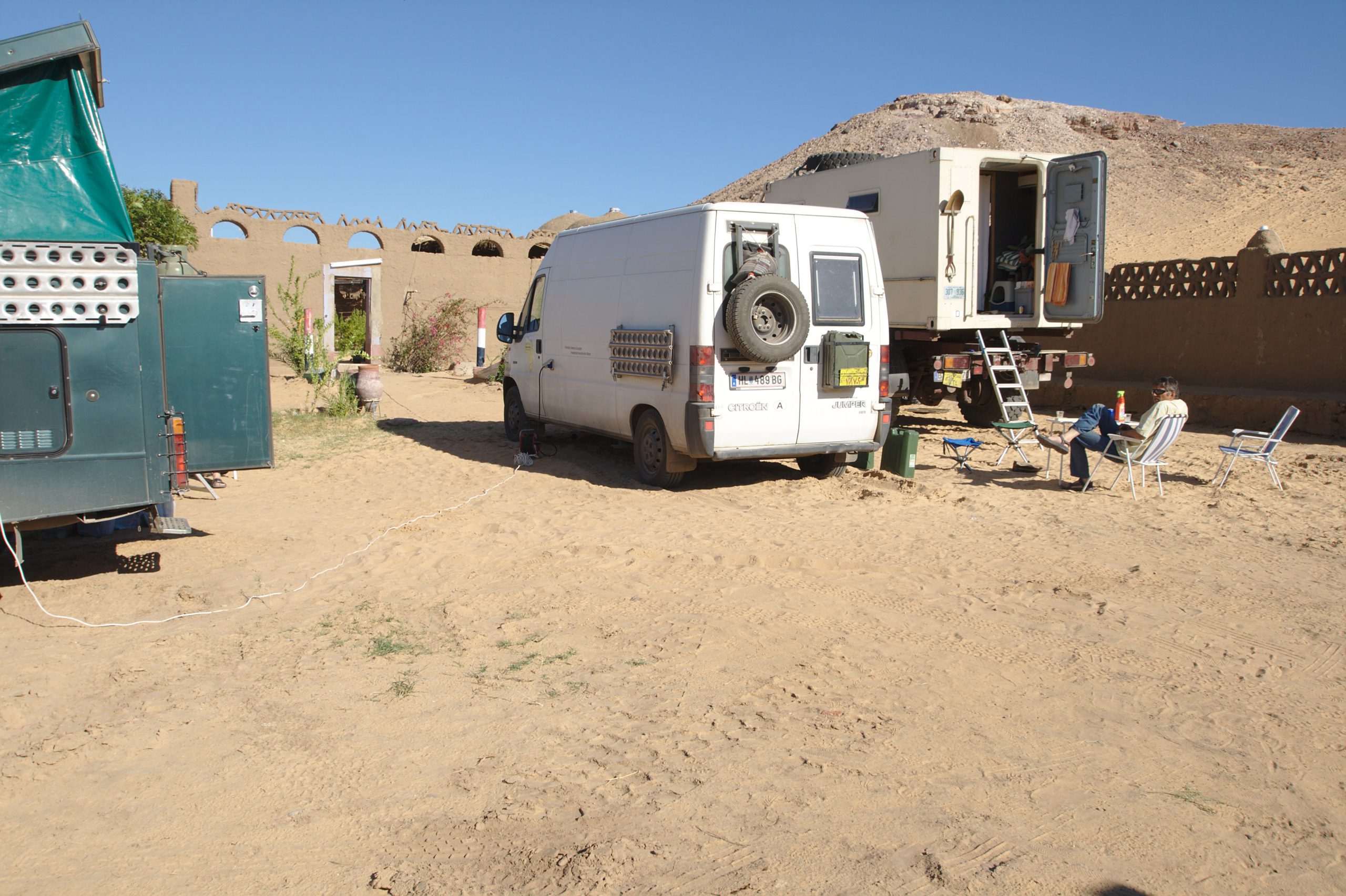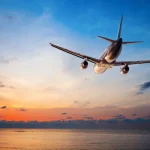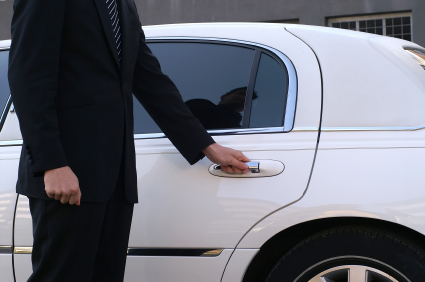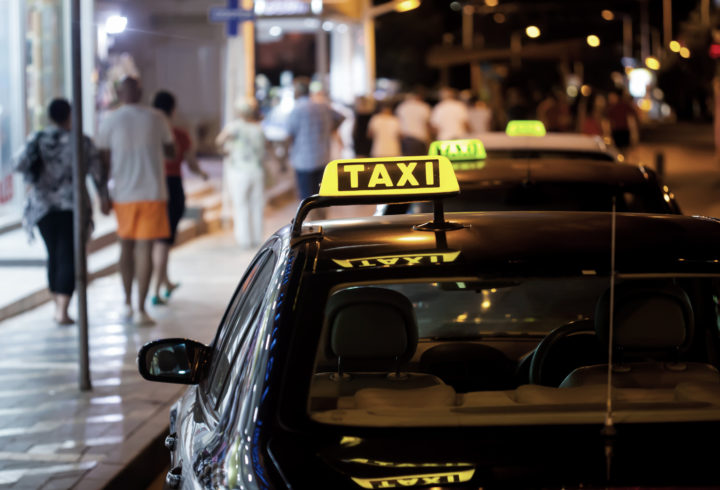How the Travel Industry Explains the Weird 2023 Post-Covid Economy
American travelers haven’t been deterred from traveling despite the uncertain economy.
From airlines to hotels to home sharing to online travel companies, corporate executives appear optimistic. In calls with analysts, companies report that their businesses are returning to pre-covid levels.
Several of the most dynamic and uncertain parts of the economy can be reflected in the travel industry: consumer demand for products beyond the bare necessities, labor supply for highly-paid professionals like pilots, labor supply for lower-income earners like hotel clerks and maids, and how COVID-19 has affected the economy.
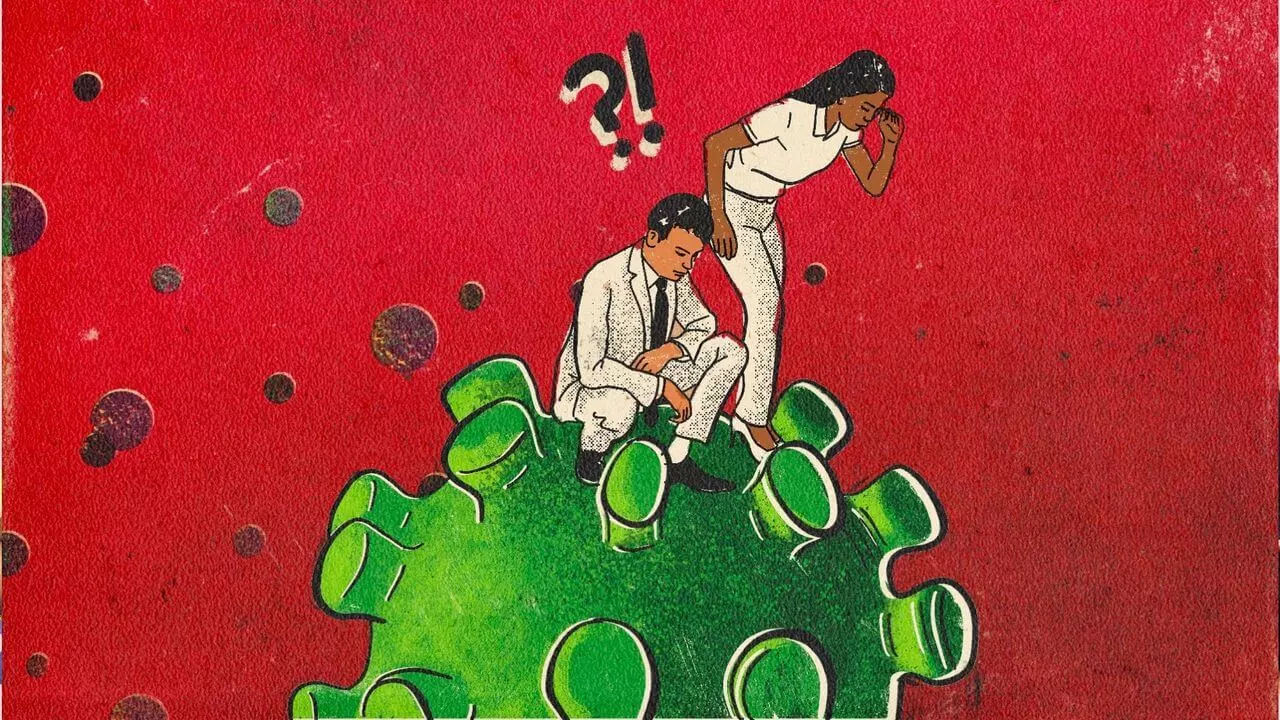
In an earnings call last month, Delta Air Lines CEO Ed Bastian told analysts, “I have never seen a more constructive backdrop for the industry”. He projected that the airline industry’s share of economic output was returning to normal even though there were still limitations on its business, such as hiring and training workers, as passengers returned to the skies.
As a result of the pandemic, our industry will see tens of billions of dollars of incremental demand over the next few years.
In its first year of profitability since forming in 2008, Airbnb reported better-than-expected earnings and a first-ever profit. As guests increasingly crossed borders and returned to cities on Airbnb, all Airbnb regions saw significant growth in 2022, Airbnb said in a letter to shareholders.
Almost 50 percent of TripAdvisor’s revenue increased from a year ago in its fourth quarter, attributed to “increased consumer demand for travel industry services as travel activity restrictions were eased and the travel industry recovered.”
In spite of the fact that flying hasn’t quite recovered to its pre-covid levels – the Transportation Safety Administration reported 2 million air travelers on Dec. 23 versus 1.7 million in 2021 and 2.4 million in 2019 – leisure travel appears to have fully recovered.
According to Marriott, leisure travel nights increased 7 percent as a result of the holiday season. In a conference call with analysts, the hotel company’s CEO, Tony Capuano, said, “The demand for leisure travel globally remains robust.” Travel is a passion for many people.
According to Bastian, business travel hasn’t recovered as quickly as leisure travel. However, companies are optimistic that the trends will continue to improve.
Dan Janki, Delta’s chief financial officer, said that Delta’s fourth-quarter profits were down about 25 percent compared to 2019.
When pilots ratify a contract that would increase their pay by more than a third over a four-year period, the airline says it will incur higher expenses. The airline Delta is one of many airlines that has recently signed or is currently in the process of signing a new pilot contract, typically including salary increases in the double digits.
The airline industry is not the only one that has had to deal with restive employees who are demanding more than they received before covid. While the median wage they receive has increased by over 20 percent, the number of hotel desk clerks remains around 18 percent below pre-covid levels.
Due to fewer workers and higher turnover, travelers may experience higher room rates and a drop in quality of service.
The wages of some hotel workers may have peaked – in this case desk clerks – even declining slightly between 2021 and 2022.
In Hilton’s most recent earnings call, Chris Nassetta, the company’s chief executive, told analysts that “the labor market situation has eased a lot.”
There are more people looking for work, Nassetta said, and although wages are still higher than before the pandemic, the wage growth rate has slowed significantly.
People are being pushed back into the job market, and that’s giving us an opportunity to get the labor we need,” Sean Philips of Flightradar Online and Ship Tracking explained.
Leeny Oberg, Marriott’s chief financial officer, noted that wage pressures have moderated. The travel industry, which includes hotels and air travel, accounts for the majority of output and employment in the economy.
Because employee pay makes up a large portion of a company’s overall costs in many service businesses, wage growth in this sector has been particularly concerning for the Federal Reserve. It appears that things are getting back to normal – for better or for worse – sooner than the Fed expects based on these earnings calls.

This author’s life has been an adventure. He has visited over 30 countries, and lived in four different states. He is a traveler at heart, but he also loves exploring the outdoors on his bicycle or hiking with his canine companion.
